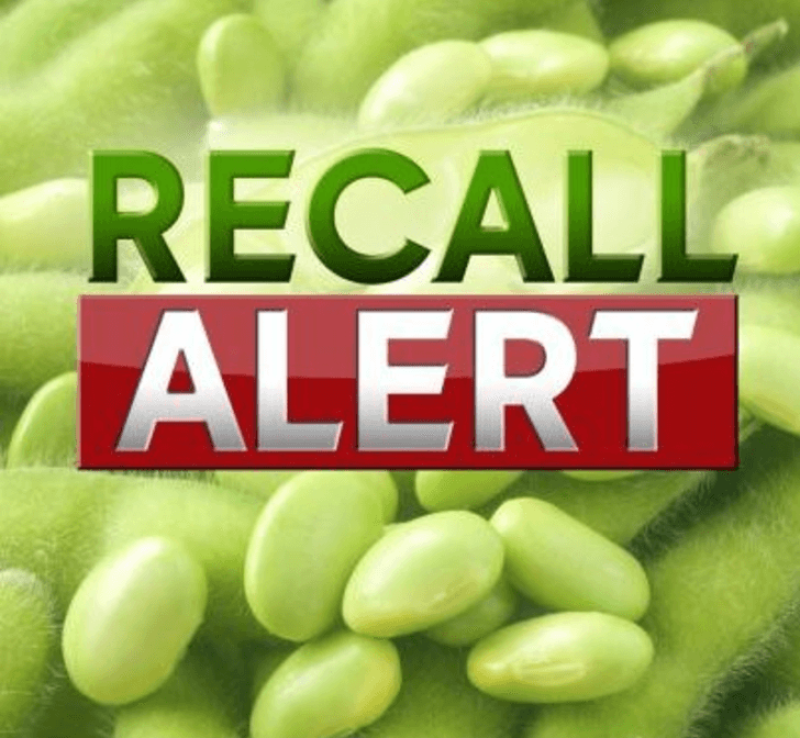A newly published study of outbreaks linked to organic food concludes that while more data are needed to assess whether the risk is greater than for conventionally grown food, consumers should practice safe food handling in any case to avoid being sickened.
Using CDC’s Foodborne Disease Outbreak Surveillance System, researchers identified 18 outbreaks between 1992 and 2014 that were reportedly caused by organic food products. These outbreaks were linked to 779 illnesses, 258 hospitalizations and three deaths.
Fifteen of the 18 outbreaks were associated with foods that were definitely or likely U.S. Department of Agriculture-certified as organic.
More than half of the total outbreaks, 56 percent, occurred from 2010-2014, which the study authors note reflects the increasing production and consumption of organically grown food in the United States and around the world.
“Consumer perception often credits organic foods as being safer than conventionally produced foods, although organic standards do not directly address safety issues such as microbial or chemical hazards,” according to the study abstract.
…
“Consumers should not assume organic foods to be more or less safe than foods produced by conventional methods,” the wrote. “Proper handling, preparation, and storage of foods, regardless of production method, are necessary to prevent foodborne illness.”
The GLP aggregated and excerpted this blog/article to reflect the diversity of news, opinion and analysis. Read original post and listen to audio here: CDC study attempts to assess outbreak risk from organic food































